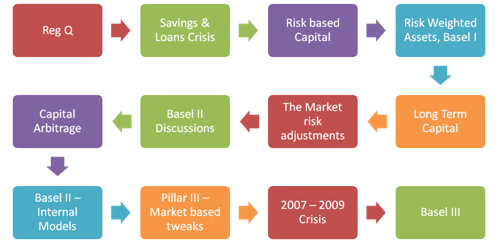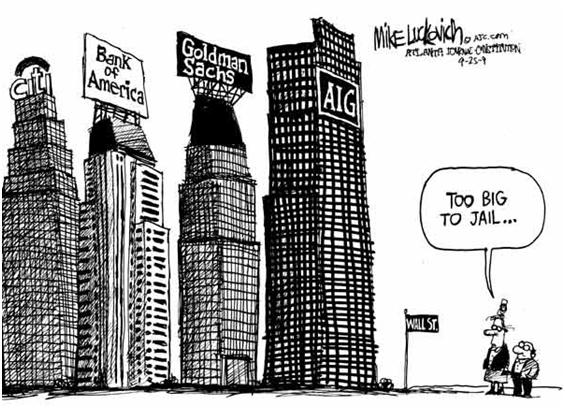If you look at the evolution and history of what we call banking today you will realize that banks have been around much longer than bank regulation. Which means banks have a lot more experience in dealing with regulators and regulation than the regulators themselves; the reason why big banks are so successful in short circuiting efforts that they see as harmful to the long term interests of the financial services industry.
The relevant history of bank regulation for our generation actually starts with the great depression and ends with the 2008 financial crisis. The common question that gets asked by every one – students, academics, consumers and activists is why doesn’t banking regulation really work?
Sheila Bair’s – the former FDIC Chairperson – new book, Bulls by the Horns, shares her insights about what it was like being at FDIC during the 2007-2009 Financial Crisis. Sheila is possibly the most hated person on the street and that was before the book came out. Her hate index grew with her efforts to regulate the Interbank Swap market which for a regulator was a very provocative and bold step to take. She fought the industry back to back and lost. With the details she shares in her new book, I don’t think she is going to win any new fans within the financial capitals of our world, especially New York.
But what Sheila shares and suggests makes perfect sense. Take a look at the evolution of banking regulation over the last 90 years and you will see that much like the field of medicine, banking regulation has been an experimental science. Not driven by research or needs but by crisis and calls for actions.

Figure 1 The evolution of banking regulation
Regulation is primarily reactive, and given its reactive nature driven by people who understand banking best – bankers. Some better regulators than others. But still it is like handing over control of FDA to the pharmaceutical industry. I understand that the comparison and the analogy is incorrect (doctors are not big Pharma, bankers are not the Banking industry) but the heart of what Sheila and many others say is the same – Banking regulation doesn’t work because bankers have too much say in deciding the shape and form of regulation.
Whether it is Basel II, Basel III, liquidity coverage, capital adequacy, internal models, FSV treatment of collateral or the Interbank Swap market, regulators are fighting a battle that they can’t really win.

